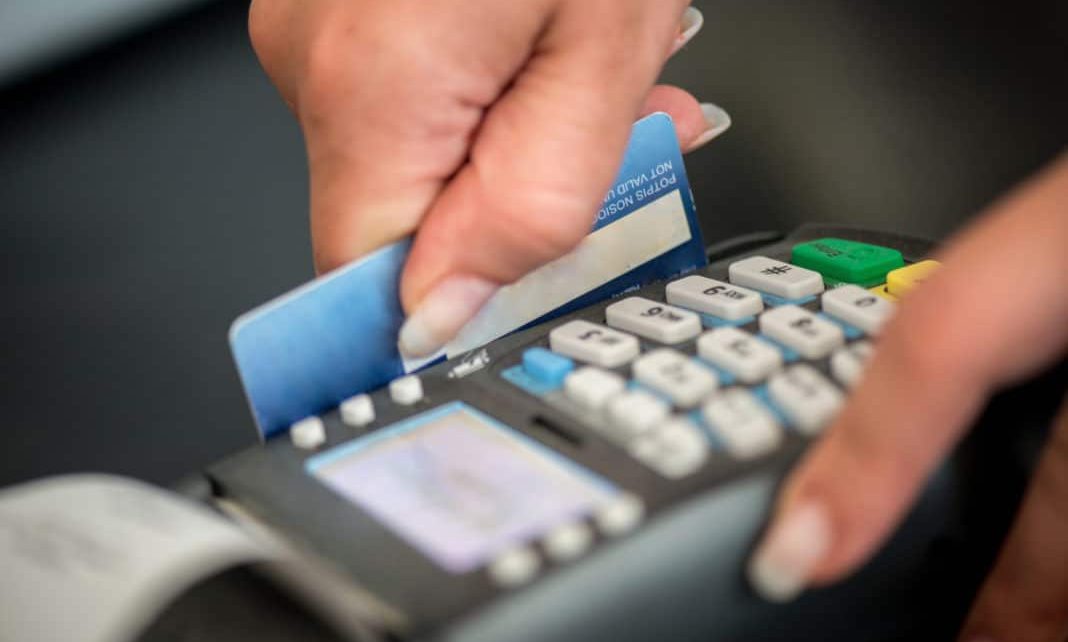Your credit score is a crucial financial indicator that can impact your ability to access credit, secure loans, and obtain favorable interest rates. If you’re looking to boost your credit score quickly, here are some effective strategies to consider:
1. Check Your Credit Report
Start by obtaining a free copy of your credit report from each of the major credit bureaus (Experian, Equifax, and TransUnion). Review your reports for errors, inaccuracies, or fraudulent accounts. Dispute any discrepancies you find, as they can negatively affect your score.
2. Pay Your Bills on Time
Consistently making on-time payments is one of the most significant factors affecting your credit score. Set up reminders or automatic payments to ensure you never miss a due date. Even a single late payment can have a negative impact.
3. Reduce Credit Card Balances
High credit card balances relative to your credit limits can harm your credit score. Aim to reduce your credit card balances to below 30% of your credit limits. Paying down credit card debt can lead to a rapid increase in your credit score.
4. Avoid Opening New Credit Accounts
Each time you apply for a new credit account, a hard inquiry is placed on your credit report, which can temporarily lower your score. Minimize new credit applications while you’re working on improving your credit.
5. Become an Authorized User
Ask a family member or friend with a good credit history if they can add you as an authorized user on their credit card account. Their positive payment history can benefit your credit score.
6. Maintain Old Accounts
The length of your credit history is a factor in your credit score. Keep older accounts open, even if you don’t use them frequently. A longer credit history can positively impact your score.
7. Diversify Your Credit Mix
Having a mix of different types of credit accounts, such as credit cards, installment loans, and a mortgage, can be viewed favorably by credit scoring models. However, only open new accounts as needed and can manage them responsibly.
8. Negotiate with Creditors
If you have accounts in collections or have fallen behind on payments, consider negotiating with your creditors or collection agencies. You may be able to settle debts for less than the full amount or set up a repayment plan.
9. Use Experian Boost or UltraFICO
Services like Experian Boost and UltraFICO allow you to add utility and telecom bill payments to your credit file, potentially boosting your credit score if you have a thin credit history.
10. Monitor Your Progress
Regularly monitor your credit score to track your progress. Many banks and credit card issuers offer free credit score monitoring services. Monitoring allows you to see the impact of your actions and make adjustments as needed.
11. Be Patient
Improving your credit score takes time, especially if you have negative items on your credit report. Be patient and consistent in your efforts to build and maintain good credit habits.
Remember that improving your credit score is a gradual process, and there are no guaranteed shortcuts. Focus on responsible financial behavior, and your credit score will naturally improve over time.


